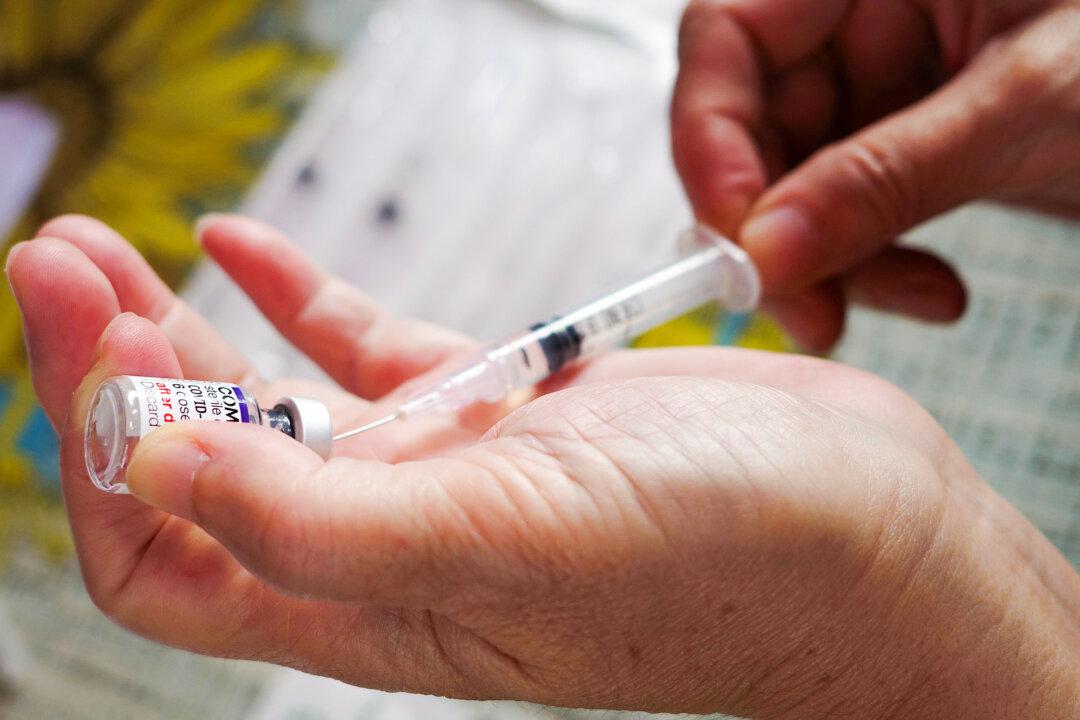People who did not comply with COVID-19 vaccine requirements were hesitant because they knew someone who had experienced a health problem after getting the injection, according to recent research.
“Knowing someone who experienced a health problem following COVID-19 injection reduced the likelihood of injection, the International Journal of Vaccine Theory, Practice, and Research reported.





